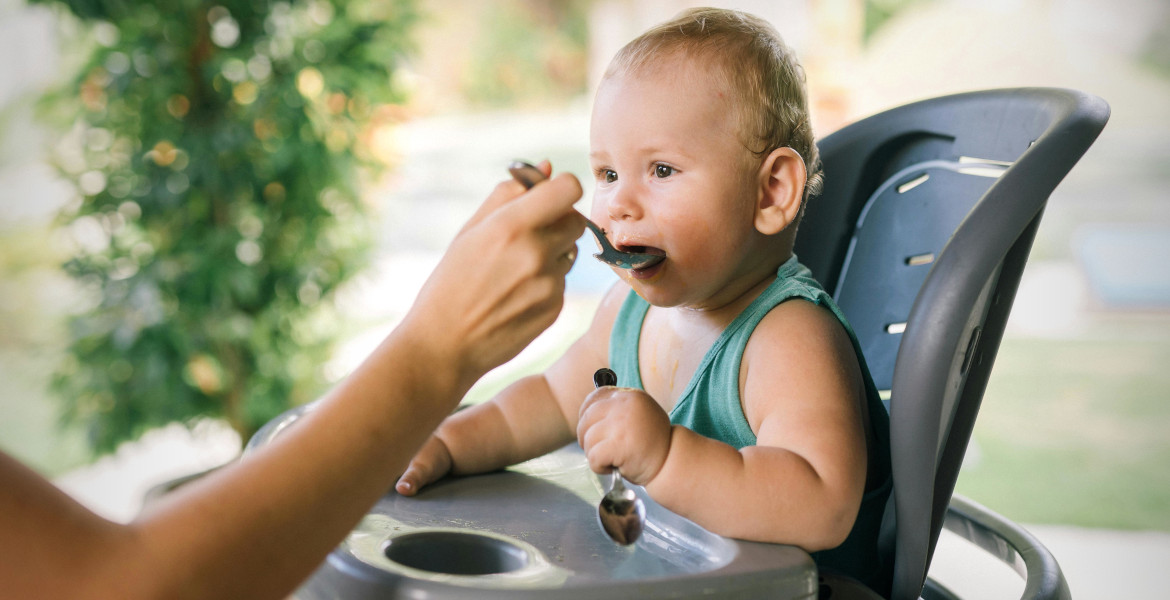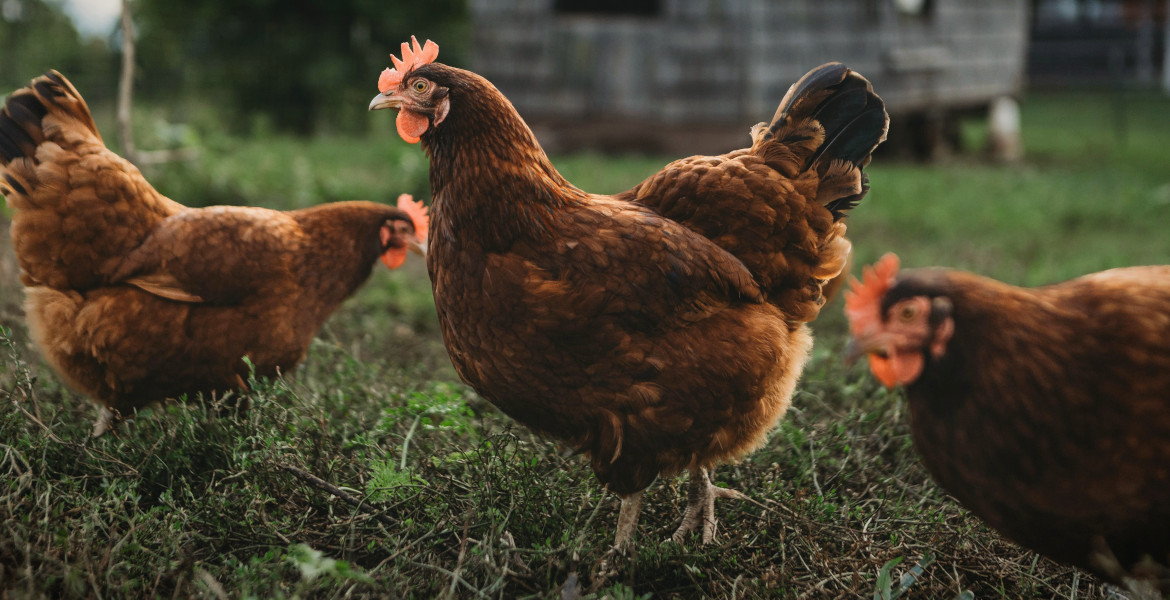One in three 15-year-olds in Sweden has experienced some form of violence in a relationship, according to a new report from the Public Children’s Home (Allmäna Barnhuset) and the Swedish Gender Equality Agency (Jämställdshetsmyndigheten). The study also provides insights into honor-related violence and oppression, where girls with virginity requirements were the most vulnerable group to violence from adults.
The Violence against children study, conducted in 2022, included 5820 ninth-grade students who responded to an online survey.
Among these students, 2711 reported being in a relationship or dating someone in the past, and these young people were asked additional questions about violence in relationships. They found that 31% of the teens had experienced some form of relationship or dating violence. The most common form was digital psychological violence, followed by physical violence. In addition, one in ten young people had experienced sexual violence and eight percent had experienced physical violence. Girls were generally more at risk than boys.
– We are obviously concerned about these figures and had hoped that violence in young people’s relationships would not be so widespread. We know from our previous surveys that the numbers are high when it comes to adult violence, but this is the first time we have looked in depth at the situation in young people’s relationships, says Cecilia Sjölander, Secretary General of the Swedish National Children’s Foundation, in a press release.
Violence in relationships was also more common among those who had some form of neuropsychiatric disability, lived with parents who had substance abuse problems or mental illness, or had been subjected to violence by their parents. In addition, it was slightly more common for young people born in the Nordic countries to be exposed to violence in relationships than for those born abroad.
Honour-related violence
A significant proportion of young people experience honour-related violence. About 19 percent of the participants have so-called virginity requirements from home, where they are expected to wait with sex until marriage. Almost half of girls with at least one foreign-born parent experienced virginity requirements, compared with five percent of girls with Nordic-born parents. Among boys with foreign-born parents, one-third reported having virginity requirements.
Young people with virginity requirements were more likely than other young people to report exposure to all forms of adult violence, except sexual violence. Exposure to severe forms of violence was more than twice as common among young people with virginity requirements than among others. About 13% of those who had been exposed to physical violence and had virginity demands were afraid of being seriously injured by the violence. Seven percent feared being killed.
In terms of relationships, those with a virginity requirement were as vulnerable to violence as those without. However, the proportion of young people who experienced at least three types of violence at the same time was higher among those with a virginity requirement (20%) than among those without (15%). This difference, however, only applies to girls.
Expectations of circumcision
In addition, 14% of boys experienced family expectations to be circumcised. Among girls, 6% experienced demands to be cut. Overall, 1.8% of students reported having been mutilated or circumcised.
FGM, which involves cutting or damaging parts of a girl’s external genitalia, is a characteristic expression of honor-related violence, according to the study. However, non-medical circumcision of boys is not considered honor-related violence and is legal in Sweden. However the Committee on ethics and the rights of the child of the Swedish Pediatric Association Svenska Barnläkarföreningen has argued that it is not medically or ethically justifiable to perform such procedures on healthy children and that it should be abolished in accordance with the Convention on the rights of the child.
– With this knowledge, we can better design prevention efforts. Violence in young people’s relationships and honor-related violence and oppression cause suffering for the victims and very high costs for society, says Mikael Thörn, Head of Unit at the Swedish Gender Equality Agency.









